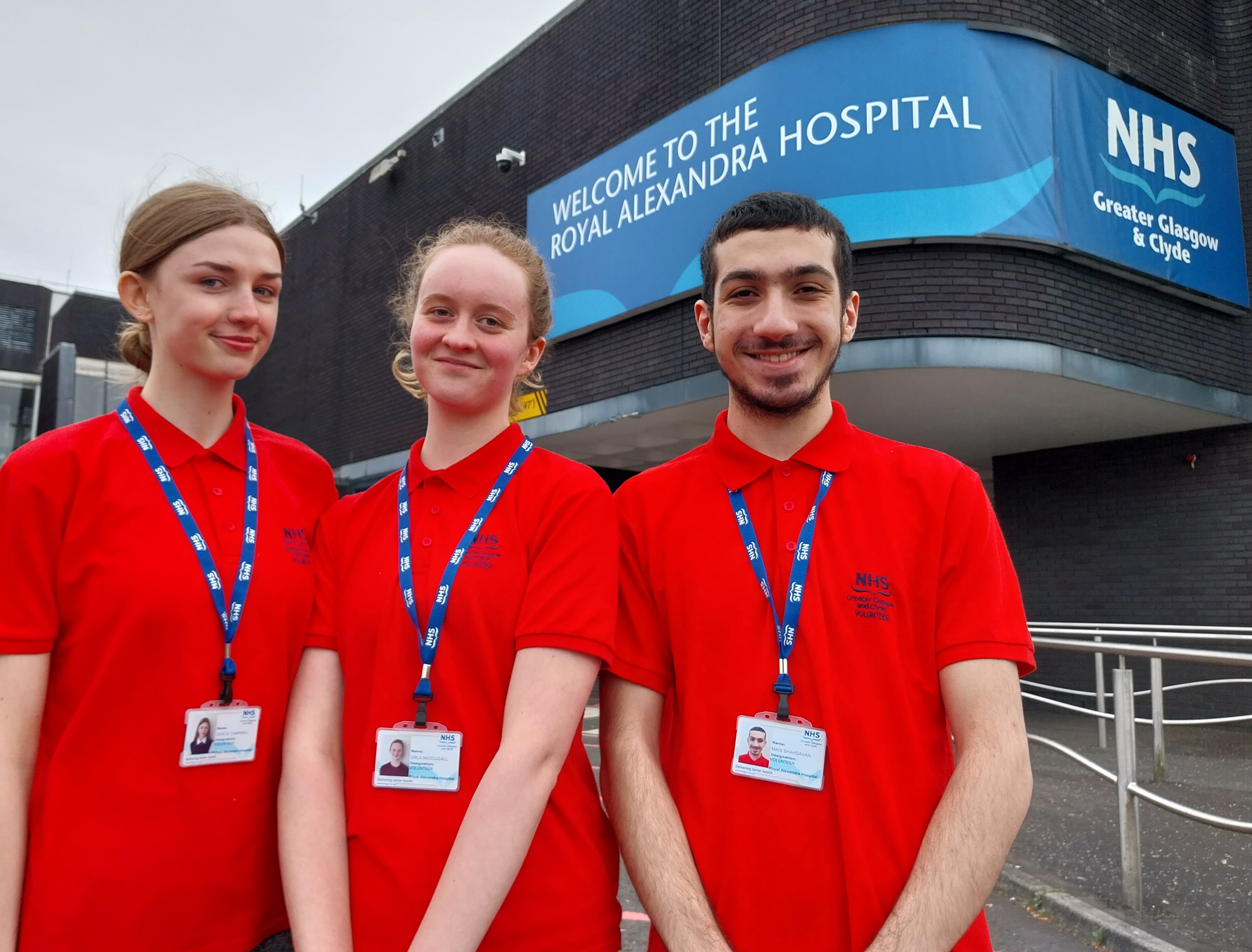Previous
Assistant practitioner in physiological sciences
To become an associate practitioner in life sciences, you’ll need an HND in Applied Biological Sciences or an equivalent qualification at SCQF level 8.
Associate practitioners in life sciences work in one of four areas of the clinical laboratory service, including:
They provide technical and analytical support to healthcare science practitioners, biomedical scientists, and clinical scientists in hospital laboratories.

To become an associate practitioner in life sciences, useful school subjects include:
Speak to your guidance teacher or careers adviser about subjects offered at your school.

You may find it helpful to get some healthcare experience by doing a work placement or volunteering. You’ll get training, increase your knowledge, and learn new skills. This could help you when applying to college or a new job with NHSScotland.
Some healthcare science associate practitioners start their careers as assistant practitioners in the lab. You can also apply for our associate practitioner vacancies if you have an HND in Applied Biological Sciences or an equivalent qualification at SCQF level 8.
You’ll find more information about SCQF levels on the Scottish Credit and Qualifications Framework (SCQF) website. You can also search for college courses and university degree programmes on My World of Work.
As an alternative route, you could complete Part 2 of the Institute of Biomedical Science (IBMS) Certificate of Achievement.
The certificate is a portfolio-based professional vocational qualification. It will allow you to demonstrate your knowledge, skills, and evidence of laboratory training when applying for associate practitioner roles.
In the laboratory, you’ll process and test biological samples using a range of technologies and send results to biomedical scientists for validation and authorisation. You’ll also calibrate, operate, and maintain specialised testing equipment, including automated analysers.
Your main tasks may include:
You'll need these skills:
You could work with the following:
As an associate practitioner in life sciences, you’ll work in a hospital laboratory.
You will be encouraged to develop your career in NHSScotland. You'll receive training on the following:
You could become a biomedical scientist by completing a part-time IBMS-accredited honours degree programme.
As an associate practitioner in life sciences, you can join the Institute of Biomedical Science (IBMS).

Discover the range of healthcare science careers you can choose in the NHS.
Healthcare science
Our blog includes how-to guides, case studies, and career resources.
Discover more